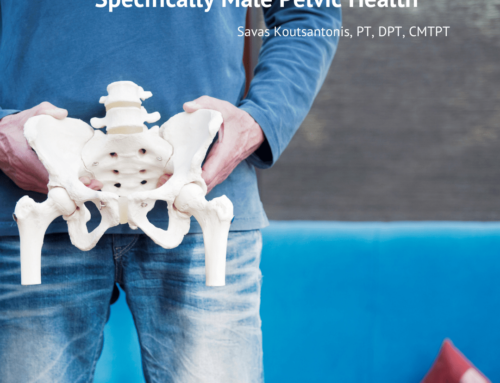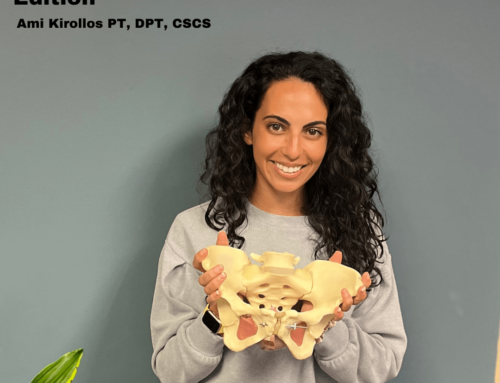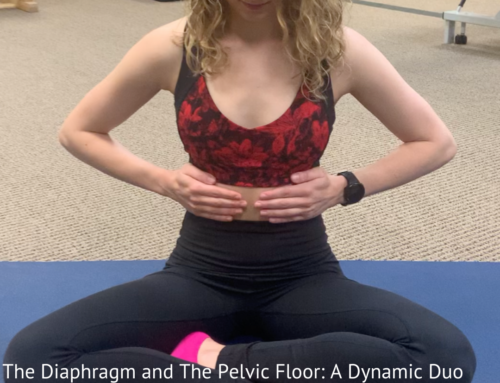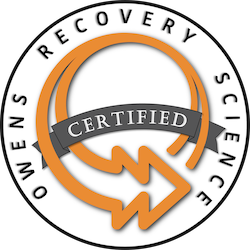Postpartum 101 – Part 3
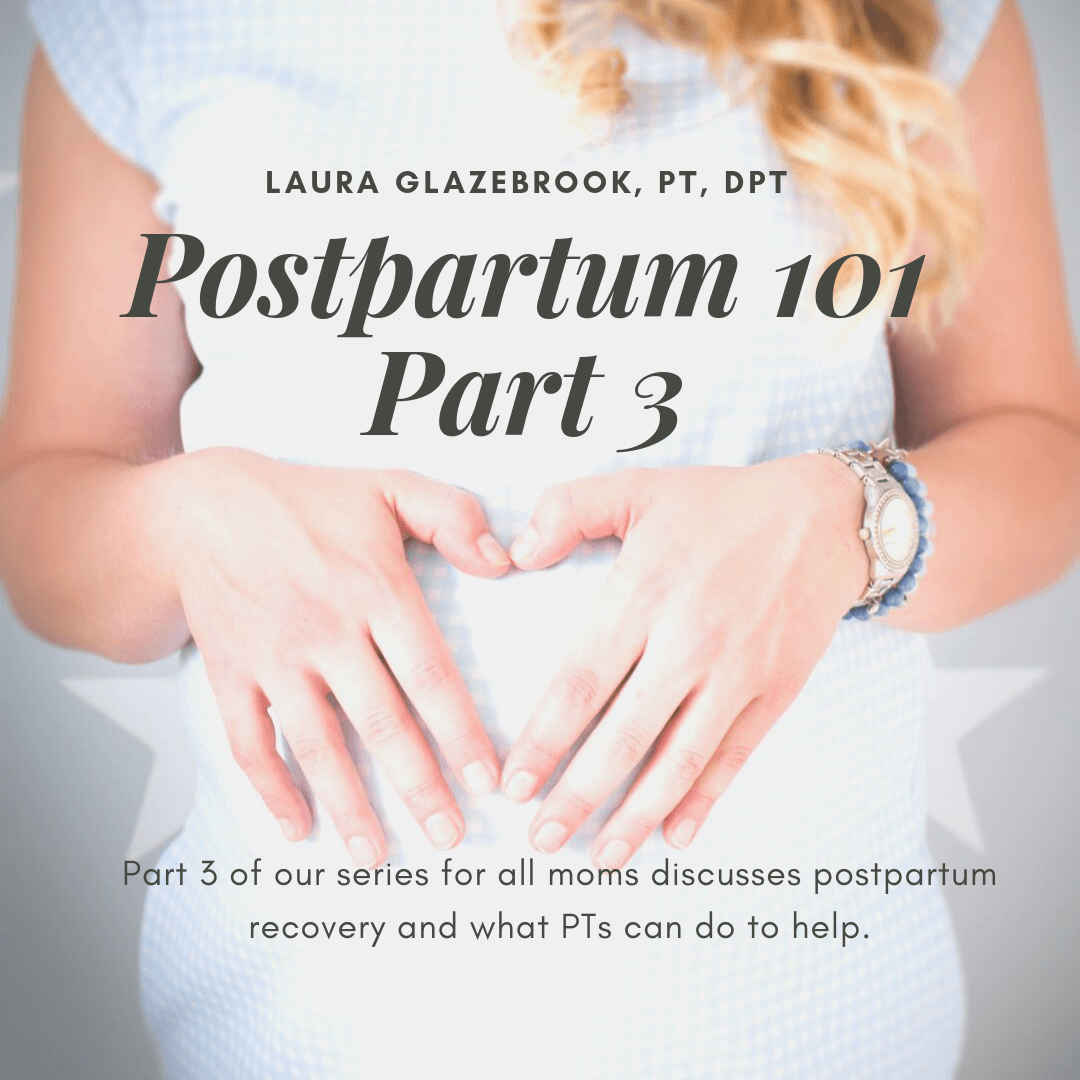
Welcome back! We’ve spent the last two blogs introducing the mystical Postpartum period, specifically Diastasis Recti and Stress Urinary Incontinence. Today, we discuss two more issues that you maybe haven’t heard so much about, but that can occur and could cause pain and dysfunction down the line.
Number 3 → Dysfunctional Scar
Following a c-section, there will be a scar across the suprapubic region. You can also tear or have an episiotomy during a vaginal birth, which would leave a scar. Scar tissue is a normal process to help close the wound, however, during the healing process, scar tissue can tighten and cause problems with the underlying muscles and organs. For example, an overly tight c-section scar can put pressure directly on your bladder and lead to issues like increased urge to go to the bathroom, or feeling like you have to empty your bladder before it’s actually full. Tight abdominal scars can also contribute to other issues like constipation, hip or back pain. After the scar is healed (approximately 10-12 weeks), it is time to begin gentle massage of the scar and surrounding area to increase blood flow and loosen up any adhesions forming within the scar. Also, your scar can continue to tighten over time, with weight gain or loss as well as with systemic illness. For all the reasons described above, good scar mobility is vital to allow the correct muscles to activate and stabilize properly across your abdomen, pelvis, lumbar spine and hips. Pelvic Physical Therapists are trained in scar mobilization and are here to help evaluate you and create a detailed treatment plan to facilitate healing. We can help show you how to perform your scar massage at home!
Number 4 → Prolapse
One of the things that can happen during childbirth is the stretching or loosening of the connective tissue (fascia) that supports our pelvic organs (bladder, uterus and rectum). Prolapse occurs when one of those organs bulges into the vaginal canal. There are different grades, or severities of prolapse, in fact, you may not be able to feel a mild prolapse. Some women who experience a large prolapse may say they feel like something is falling out of their vagina. Other women say it feels like they are wearing a tampon, or they feel a general “heaviness” in their pelvis. Similar to the diastasis, prolapse can get worse when doing things that increase intra-abdominal pressure, such as straining to have a bowel movement. Some cases can be managed by physical therapy alone, and some require assessment by a physician. That being said, prolapse can be managed. If you suspect you have a prolapse, schedule an evaluation and we can assess it.
In Summary
Here’s the bottom line: some issues, like stress incontinence, are normal up to 3 months postpartum. What you need to know is what is NOT normal.
1. It is NOT normal to have leakage after 3 months postpartum.
2. It is NOT normal to have pelvic pain with activity, during a bowel movement or during intercourse.
3. It is NOT normal to have pelvic heaviness with activity.
Women have been told for generations that all the above issues are normal and just a part of having a baby. I’m here to tell you today that this is not true and there is treatment available. Pelvic Floor PT was a GAME CHANGER for me and I want all my new (and veteran!) mamas to know the impact it can have. It’s never too late to get your body back!



